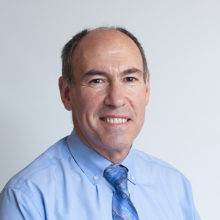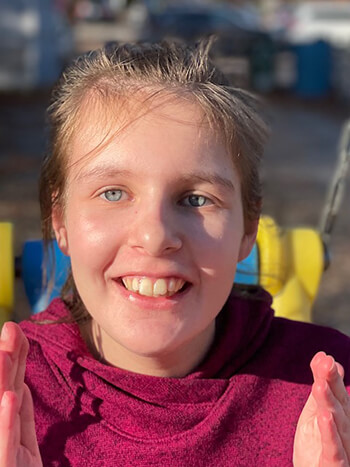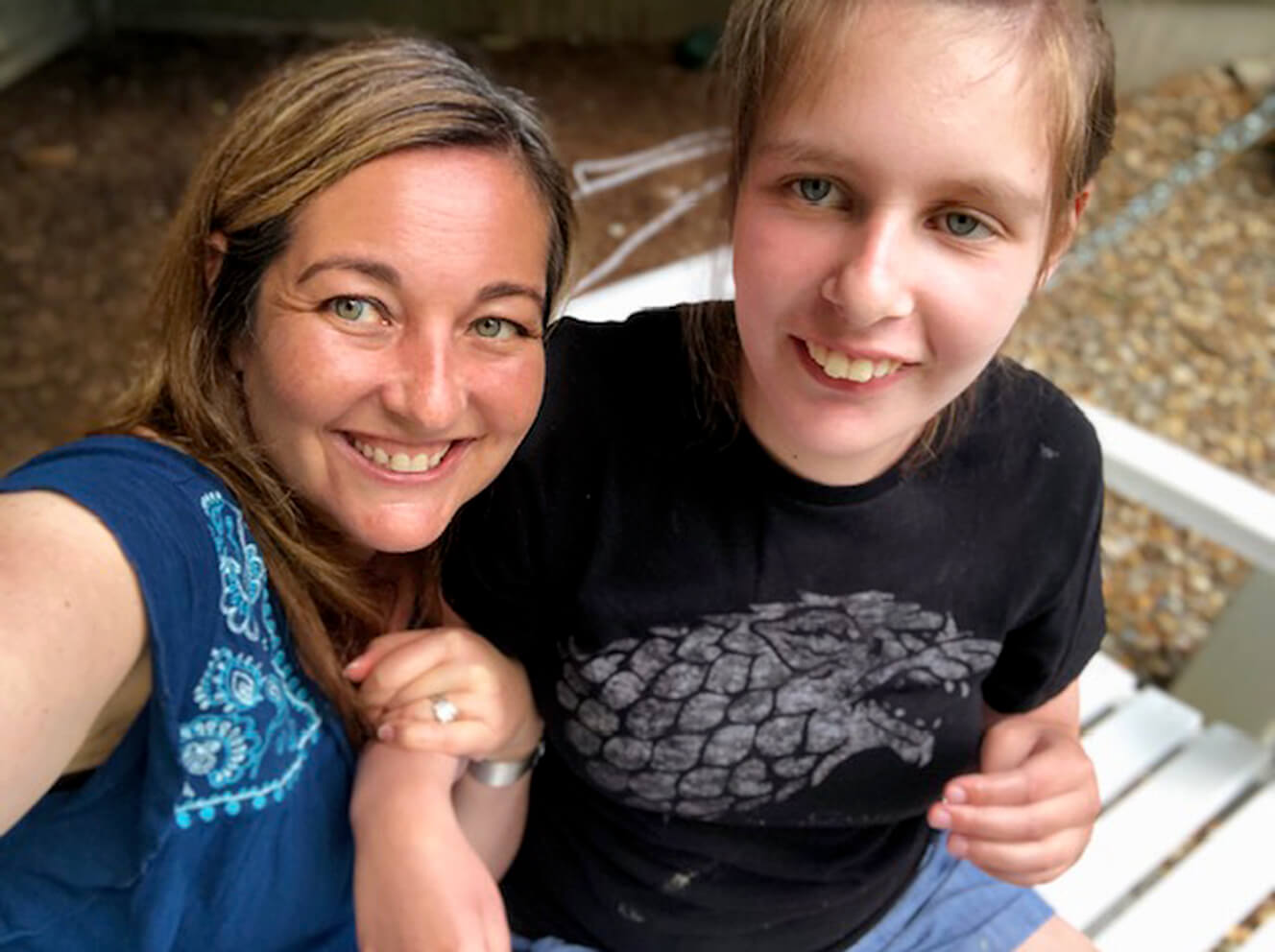Zhanna Ullman spent eight years receiving different diagnoses for her daughter, Rachael, and yet none of them seemed right. Rachael was healthy when she was born, but she had trouble nursing and wasn’t reaching developmental milestones — sitting, crawling, walking — on the same timetable as her peers. When Rachael turned a year, her daycare provider suggested Zhanna evaluate her daughter’s development more seriously.
Autism, a developmental disorder characterized by challenges with social skills, and Rett syndrome, a rare genetic neurological disorder that leads to severe impairments, explained some of Rachael’s delays and behavior, but neither quite fit. It wasn’t until after Zhanna and her husband had a second child and underwent genetic exome sequencing — a type of testing that allowed doctors to see their entire DNA makeup — that they received a diagnosis with no known path: Rachael had a spontaneous mutation on her IQSEC2 gene, a protein that plays a critical role in how nerve cells and brain cells communicate. Without proper development of those different connections in the brain, severe developmental disability and seizures can occur.

It was the first time David Sweetser, MD, PhD, Chair of Medical Genetics and Metabolism at Massachusetts General Hospital, had encountered this disease. That novelty meant he and the Ullmans were facing a new frontier. Like many looking into uncharted territory, Zhanna decided to find companions on the path. From her home in Natick, Mass., in 2015, she started a Facebook group; one other person joined.
But over the years, as genetic sequencing became more common, the Facebook community swelled to almost 750 members. That growth revealed to Zhanna the power in small, but dedicated numbers — together, they could play a role in researching rare genetic diseases. Since then, through the group, Zhanna has raised almost $50,000 for the first-ever IQSEC2-specific scientific research study in the United States and has recently started a nonprofit foundation: The IQSEC2 Research and Advocacy Foundation.
“I realized there was a whole community with a real vested interest in research, and there was really minimal active research happening,” Zhanna says. “I told Dr. Sweetser that I have this huge group of people who care deeply about this disease that’s getting no attention. We knew we could at least start something.”
Teamwork in Research
To make progress in rare genetic diseases, Dr. Sweetser says it’s essential to have a collaborative effort between families, patients and physicians. Successful research depends on a combination of medical history surveys, biopsies from patients and the development of nerve and brain cells in the lab. Rare disease complicates this process — with a small pool of patients to survey, the research can stall.
What Zhanna accomplished with her outreach was twofold. She uncovered a willing group to participate in the research, and she raised funds to initiate research to better understand this disorder and develop treatments. The money is helping to survey families about their experience with the disease, collect cell samples from patients and create stem cells that can be studied, modified or even tested in clinical trials for different medications. Dr. Sweetser and his team will need more funding to advance these efforts, but could not have started this work without the dollars Zhanna raised.
“The patients are extremely active players who can help move the research forward, and this is a really good example of how families can collaborate with researchers,” Dr. Sweetser says. “It would have been impossible for me to make these contacts without having her reach out. Between her foundation and the work we’re starting, we really have the potential of tremendously expanding our knowledge of this rare disorder.”

The First Step in a Marathon
Rachael will turn 16 in December. Though she is nonverbal and needs full assistance with every aspect of daily living, she can keep a perfect beat and loves seeing Taylor Swift in concert. She also enjoys the ocean and being on the backyard swing, and although peer interactions can be challenging, she loves to be around other people her age.
For Zhanna, watching her daughter grow is a mixture of finding what makes Rachael happy and navigating the grief and guilt that it won’t be what’s expected. “This is the start of a marathon of research,” Zhanna says. “Hoping for a cure is more than I can let myself do, but the science has changed so much in Rachael’s 15 years. From having no idea what this was to hearing about procedures that can edit genetic disorders and fix mutations. I feel very hopeful that, in her lifetime, there will be some treatment that will make her life a little easier. This money is the beginning. I feel really lucky to be a part of that.”
Click here to visit Zhanna’s fundraising page. To support and/or learn more about Dr. Sweetser’s research of rare and undiagnosed diseases, please contact us.


